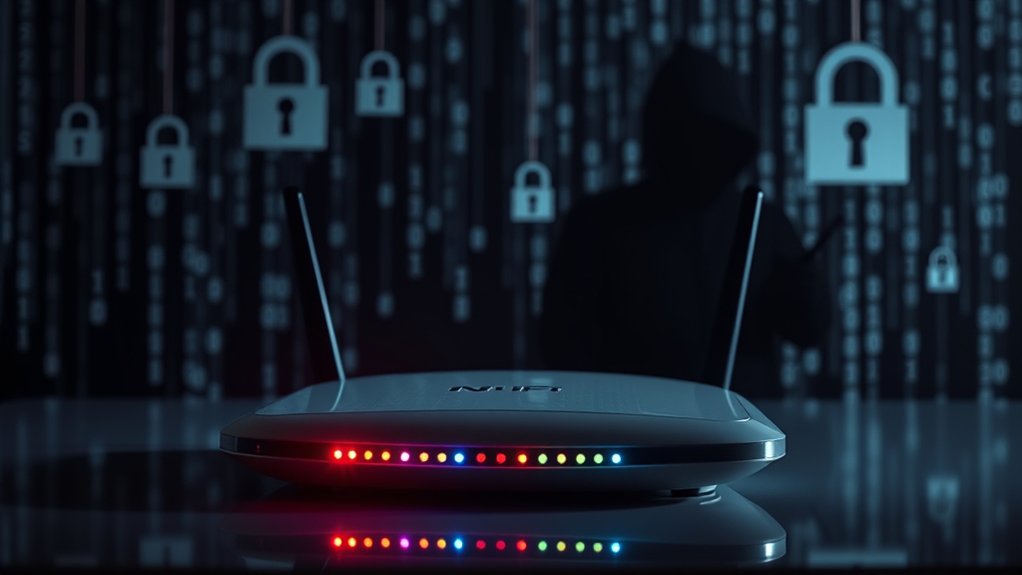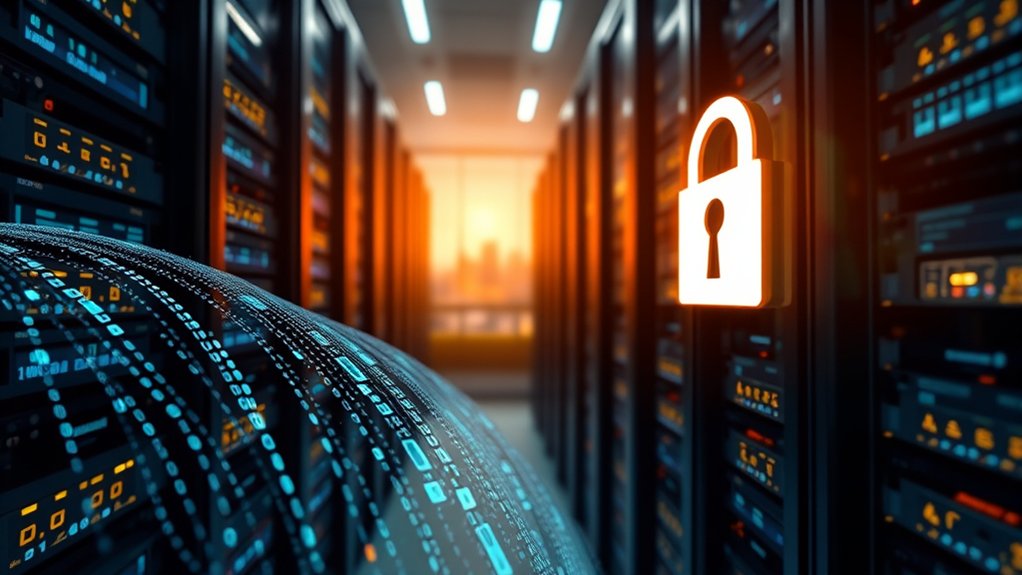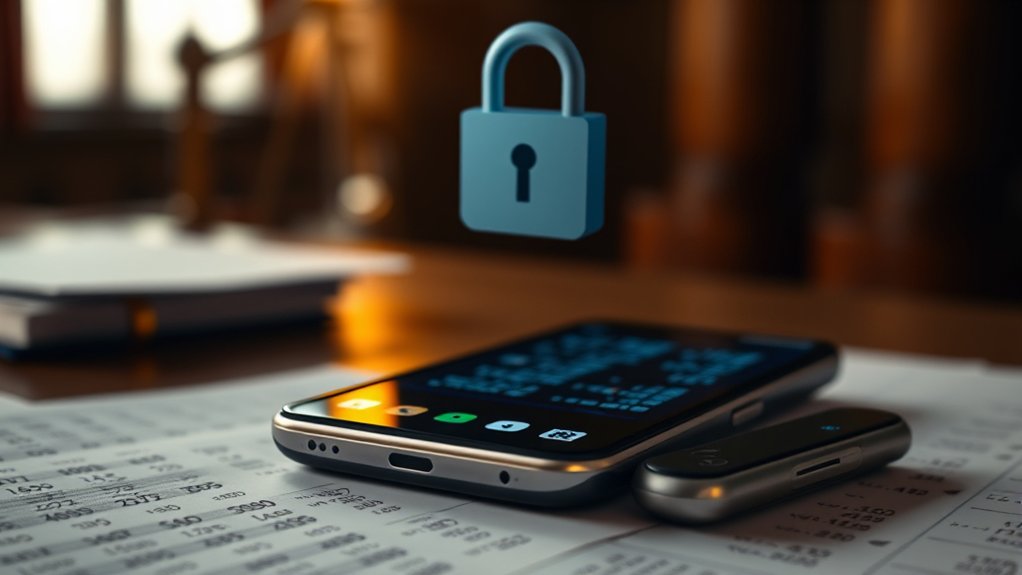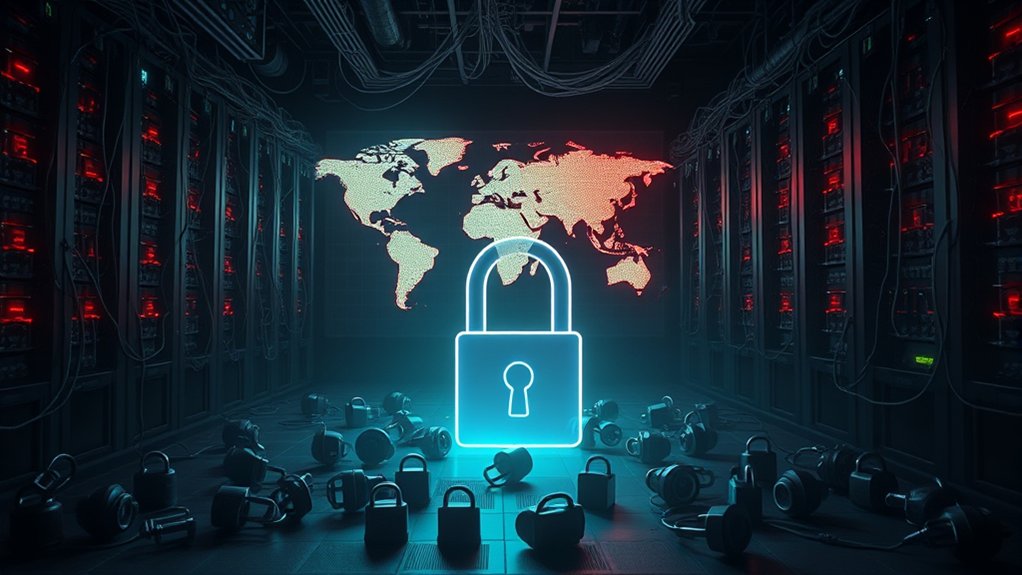In an era where connectivity is ubiquitous, one must contemplate the extent to which Wi-Fi networks can infringe on personal privacy. Increasingly, Wi-Fi networks gather data without user consent through various means, heightening concerns regarding data security and surveillance. Wi-Fi Data Elements collect status information, allowing for the monitoring of user activity. Hackers exploit vulnerabilities in these networks, particularly public Wi-Fi, utilizing packet-sniffing technology to capture unencrypted transmissions, which often contain sensitive personal data. Experts underscore that such breaches occur frequently, given the openness of unencrypted networks.
Furthermore, Wi-Fi Sensing technology employs Channel State Information (CSI) to detect movements and activities discreetly. This advanced surveillance technique allows the deduction of detailed movement patterns without the necessity of additional sensors, fundamentally transforming ordinary Wi-Fi infrastructure into covert monitoring systems. Utilizing signal strength analysis, Real-Time Location Systems (RTLS) can track devices with notable accuracy, even though this accuracy is subject to interference. The potential for misuse of these technologies for surveillance raises important ethical questions surrounding privacy. Wi-Fi Positioning technologies have become increasingly efficient in tracking user locations, compounding privacy concerns.
Moreover, the vulnerability of public Wi-Fi networks presents an alarming risk. Data interception can lead to identity theft and unauthorized access to sensitive information. Security experts advocate for vigorous cybersecurity measures like encryption and the use of Virtual Private Networks (VPNs) to protect personal data. Research shows that man-in-the-middle attacks pose significant threats to users accessing personal information on public networks. Individuals are urged to avoid performing sensitive tasks over public connections, as the likelihood of interception increases considerably. Notably, implementing standardized key performance indicators can enhance the visibility and management of these networks.
It is vital for users to remain aware of the security measures necessary to safeguard personal information. Regular device updates, employing encryption protocols, and utilizing VPNs can effectively diminish the risk of falling victim to digital intrusions. As Wi-Fi technologies evolve, the necessity to protect personal privacy and mitigate surveillance risks becomes increasingly pressing, compelling individuals to navigate this digital terrain with caution.









